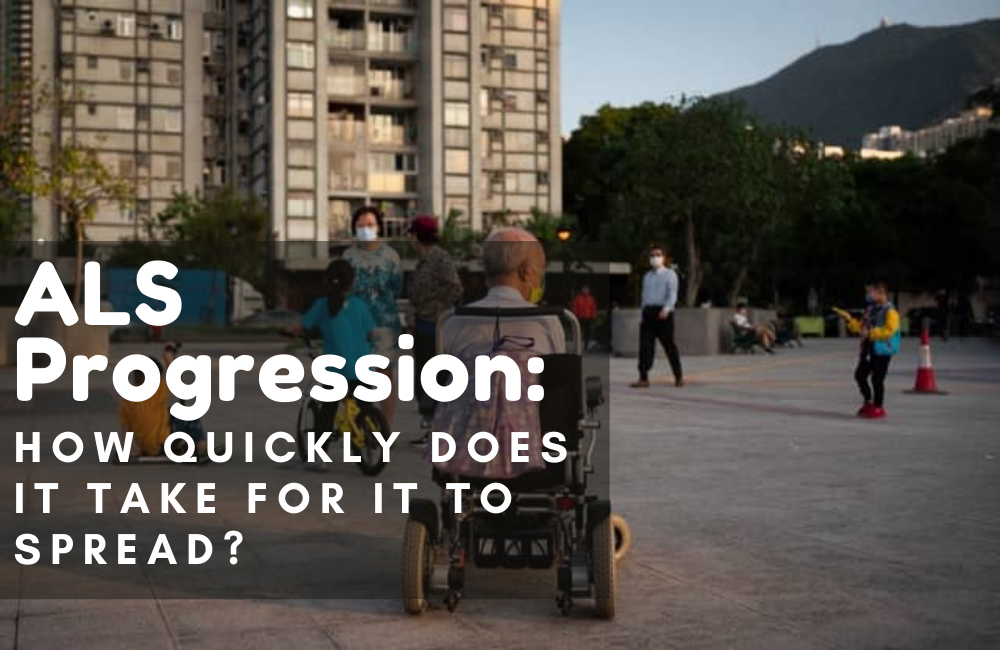Amyotrophic lateral sclerosis (ALS) is a progressive nervous system disease that affects the nerve cells in the spinal cord and brain, causing the loss of muscle control. The disease primarily affects the muscle, which will ultimately lead to the inability to move later on. Unfortunately, at the time of this writing, there is still no known cure for ALS.
If you know someone who has been recently diagnosed with ALS, there may be a million questions buzzing around in your mind. This blog post will shed some light on what ALS is and what you can expect in the months to come. Keep in mind that all cases of ALS are different, and this blog post is just meant to give you a general idea of what happens to a person who has this disease.
ALS Progression: How Quickly Does It Take for it to Spread?
Unfortunately, there is no way to map out the exact timeline of how long ALS will spread. Since the progression of the disease is unstoppable once it begins, it is best to see a doctor the moment the first symptoms are felt. Doing this will enable the patient and their family to prepare for the disease and seek the best advice from their physicians on how to cope with the disease when the more advanced stages hit.
How Is It Diagnosed?
No imaging test can determine if a person has ALS. This is why physicians rely on the symptoms that people have when diagnosing ALS. Some of these symptoms include muscle cramps, weakness in the muscles, slurred speech, poor balance, and chronic headaches. Should you feel any of these symptoms, it is good to see a doctor about them right away.
Disease Progression
There are three main stages of ALS. Unfortunately, as there is no cure for the disease, there is no way to stop it. Depending on the stage of the ALS of the patient, the doctors will only be able to recommend ways to manage the symptoms the person is experiencing. The common symptoms that are related to each stage get increasingly more severe as the disease progresses.
Management with Hospice Care
In the end stages of ALS, the main challenge that patients and their families will need to overcome will be severe muscle paralysis. Respiratory issues are also the leading cause of death in patients who suffer from ALS because their muscles are paralyzed, they have trouble breathing on their own. Having your loved one placed in hospice care will allow them to have a comfortable end-of-life experience without you having to worry about the comfort and wellbeing of your loved one. A hospice care provider will allow you to have peace of mind that your loved one is being well taken care of to the best of your knowledge.
Conclusion
People with ALS should be given the best quality of life even if they have an illness. It may become increasingly difficult for loved ones and family members to take care of their family member who has the disease in its later stages. This is why finding the best hospice care provider is a good idea. The right home hospice provider will ensure that your loved one will be taken care of in the best way possible and allow them comfort and dignity despite their incapacitating disease.
If you are looking for a reliable home hospice care provider for your loved one with ALS, come to Bridge Home Hospice. We provide home-based patient care provided by trained clinicians and therapists that specialize in the treatment and care of your loved ones. Contact Bridge Home Health and get the best care for your loved ones today!

